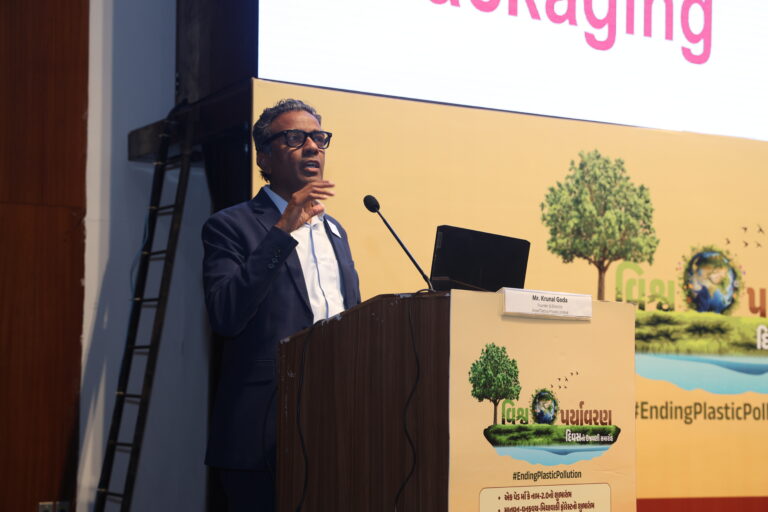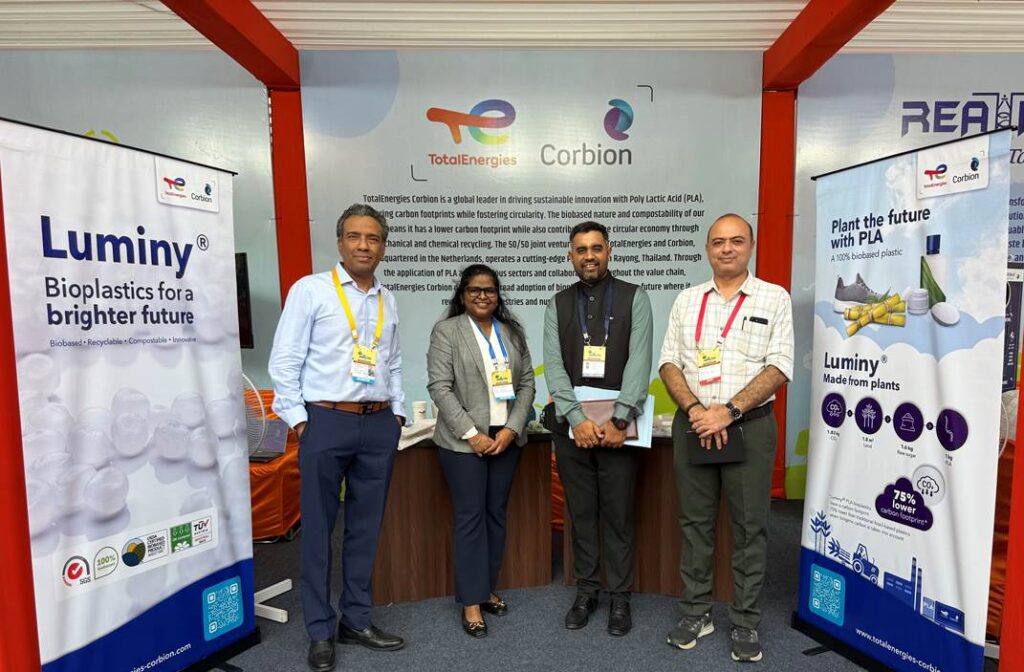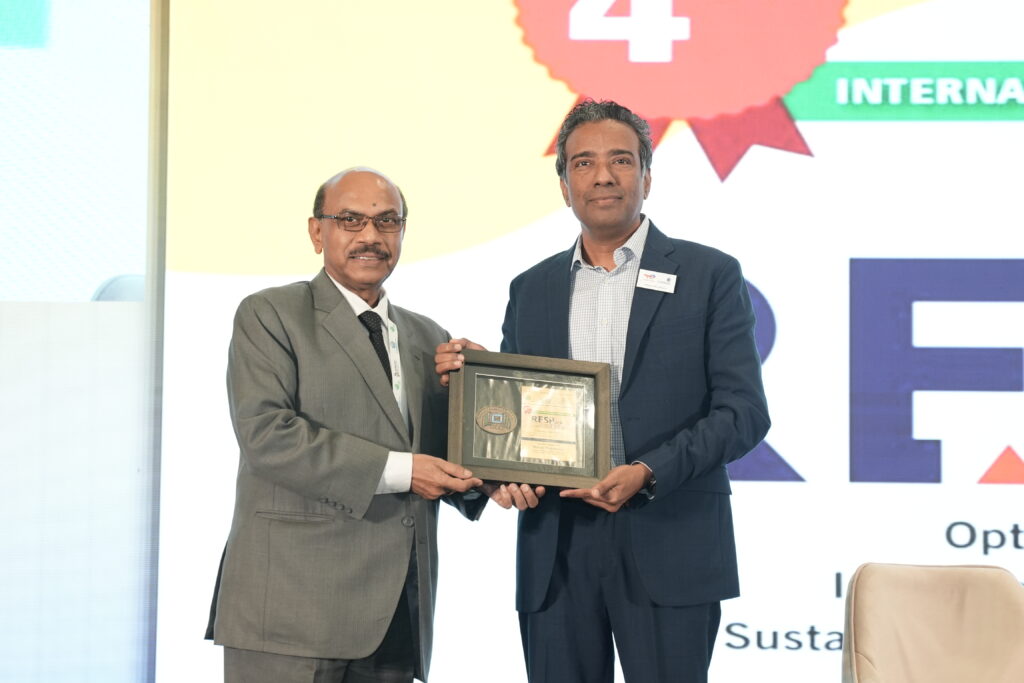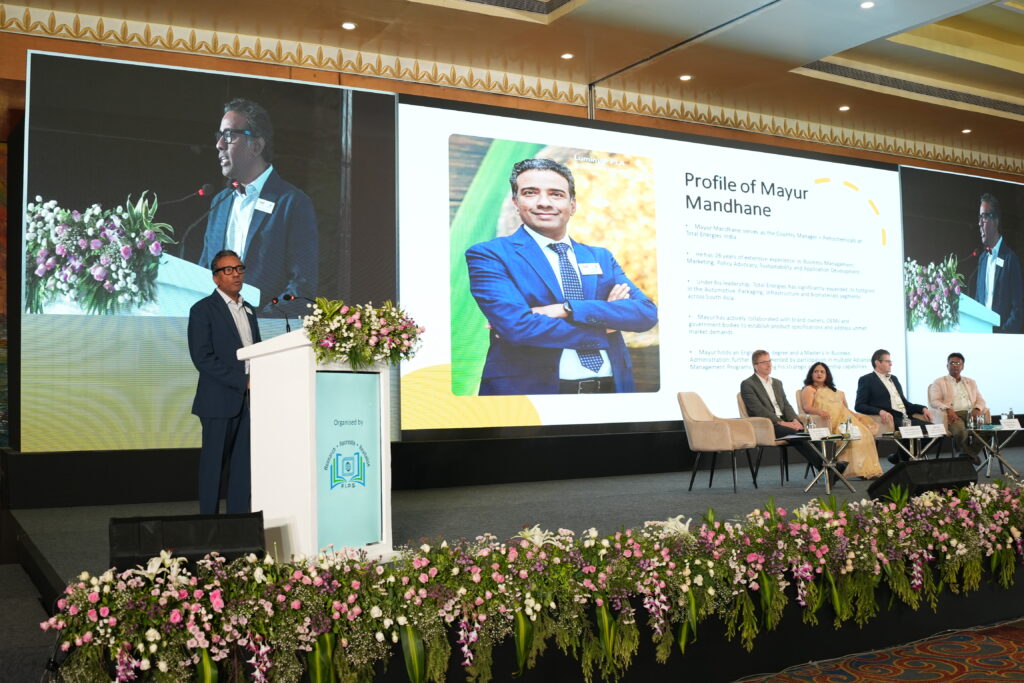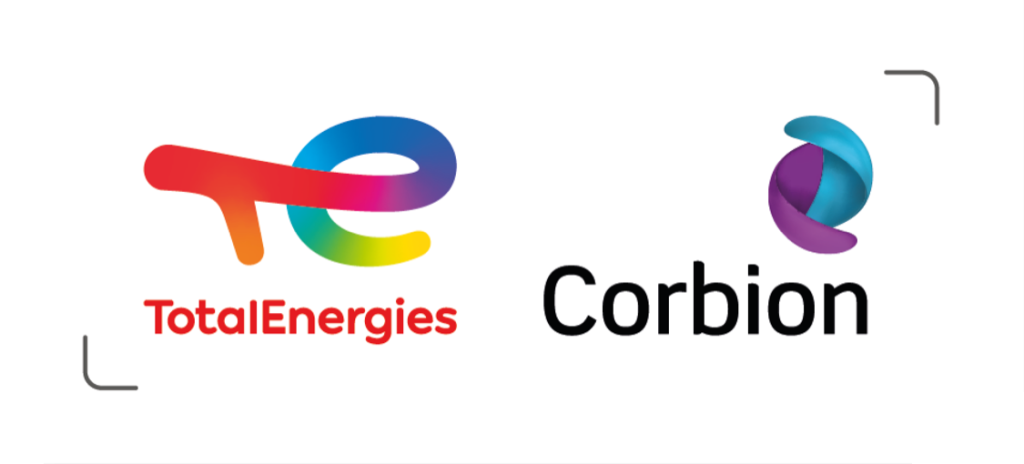Blog by Mayur Mandhane
Country Manager – Petrochemicals, TotalEnergies India
India is advancing rapidly towards a more sustainable packaging and waste management ecosystem. Two recent events—RESPACK 2025 in Mumbai and World Environment Day in Gandhinagar—demonstrated just how aligned industry and policy have become in addressing environmental challenges.
At RESPACK 2025, the spotlight was on packaging innovation. The session I chaired, “Biopolymers: Futuristic Alternatives in Packaging,” brought together experts to explore how renewable, compostable materials like PLA can meet performance needs while offering clear end-of-life benefits. Discussions underscored the growing role of biobased materials in achieving circularity, especially as regulations evolve and sustainability expectations rise.
World Environment Day shifted the conversation to waste infrastructure and policy. Hosted by the Gujarat Pollution Control Board, the event emphasized strategies for managing single-use items and improving composting systems. In my session on compostable materials in the current regulatory landscape, I highlighted the role PLA can play—particularly in India, where organic waste is abundant and composting is a practical, scalable solution.
What both events made clear is that materials like Luminy® PLA can only deliver their full potential when paired with strong policy frameworks, robust composting infrastructure, and cross-sector collaboration. With its ability to be recycled or composted industrially, PLA offers a real opportunity to reduce landfill waste while lowering carbon impact. India’s packaging future is being shaped now—through innovation, regulation, and shared responsibility. PLA is ready to be part of the solution.
